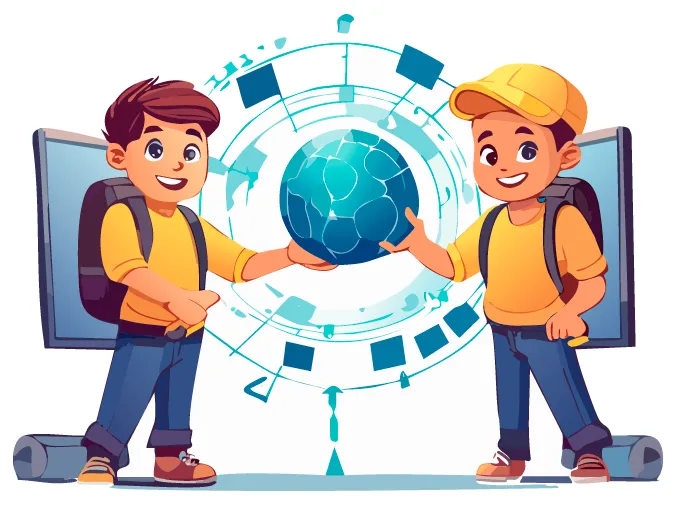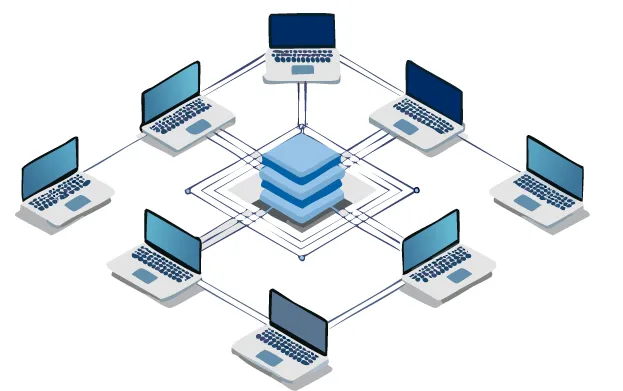
Part 1: Introduction
Understanding RPCs in Unity Networking for Beginners
Introduction
Welcome to the exciting world of Unity networking! If you’re just starting out, you might have stumbled upon a concept known as RPCs, or Remote Procedure Calls. They’re like the magic spells of the networking world, allowing your game to synchronize actions across different players seamlessly. Let’s break down this concept in a simple, engaging, and enlightening way!
What Are RPCs?
Remote Procedure Calls in Unity are your gateway to creating interactive and dynamic multiplayer games. They’re special functions used in networked games to send messages and data between clients (players) and servers (game hosts).

RPCs vs. Local Functions
Imagine you’re playing a game of tag. In a local function scenario, it’s like playing alone in your room, no one else knows you’re ‘it’. But with RPCs, it’s like playing tag in a playground where everyone instantly knows who’s ‘it’.
-
Network Communication:
- RPCs: Talk to everyone in the networked playground.
- Local Functions: Whisper to yourself in your room.
-
Execution Context:
- RPCs: Choose who in the playground hears you – just the tagger, or everyone playing.
- Local Functions: Your own rules, in your own space.
Why Use RPCs in Unity?
- Synchronization: Keeps the game’s state consistent for all players.
- Control: Specify where and how your game’s actions should take place.
- Interactivity: Enhances player experience by reflecting actions across all players.
Adding RPCs to Your Unity Project
The magic starts in your Unity project. Here’s a simplified guide:
- Create a Script: Make a script, say
RpcTest.cs, to house your RPCs. - Add to Prefab: Attach this script to your player prefab.
- Write RPC Functions: Code functions with
[ClientRpc]or[ServerRpc]tags to designate where they run.
Key Takeaways
- RPCs are vital for multiplayer games in Unity, ensuring that players across the network experience the game consistently.
- Different from local functions, they have the power to communicate across the network.
- Adding RPCs involves creating scripts, attaching them to prefabs, and coding with specific RPC tags.
Conclusion
Embarking on your journey into Unity networking with an understanding of RPCs sets you up for success. They’re not just functions; they’re your tools to create an engaging and synchronized multiplayer universe. Experiment, explore, and most importantly, have fun as you delve into the realm of networked game development!